The Great Gatsby
The Great Gatsby by F. Scott Fitzgerald is a literary masterpiece that encapsulates the spirit and disillusionment of the Roaring Twenties. Set against the backdrop of post-World War I America, the novel delves into themes of wealth, love, and the American Dream, presenting a poignant critique of the era’s materialism and moral decay.
The story is narrated by Nick Carraway, a Yale graduate and World War I veteran, who moves to Long Island’s North Shore to learn about the bond business. He rents a modest house next to the lavish mansion of Jay Gatsby, a mysterious millionaire known for his extravagant parties. Through Nick’s eyes, we witness Gatsby’s obsession with Daisy Buchanan, Nick’s cousin, and the wife of Tom Buchanan, a wealthy and arrogant man.
Gatsby’s dream of rekindling his romance with Daisy, whom he loved before the war, drives the narrative. His pursuit of wealth and status is ultimately revealed to be an effort to win Daisy’s love. The novel explores the emptiness of Gatsby’s pursuit, highlighting the futility of the American Dream in the face of social stratification and moral decay.
Fitzgerald’s prose is both lyrical and evocative, capturing the glamour and excess of the Jazz Age while also exposing its underlying emptiness. The characters are richly drawn and complex, from the enigmatic Gatsby to the cynical and jaded Daisy. Each character embodies different aspects of the era’s societal issues, making the novel a rich tapestry of themes and symbols.
One of the novel’s greatest strengths is its critique of the American Dream. Gatsby’s rise from a poor farmer’s son to a wealthy socialite is initially inspiring, but it becomes clear that his wealth cannot buy him happiness or love. The novel suggests that the American Dream is an illusion, corrupted by materialism and devoid of true fulfillment.
The Great Gatsby is also a powerful exploration of love and obsession. Gatsby’s idealized love for Daisy is both his driving force and his downfall. His inability to see her flaws or accept the reality of their situation leads to his tragic end. This exploration of unattainable love adds a layer of poignancy to the novel.
In conclusion, The Great Gatsby is a timeless classic that offers a scathing critique of the American Dream and a poignant exploration of love, wealth, and social class. Fitzgerald’s beautiful prose, complex characters, and rich thematic content make this novel a must-read. It remains as relevant today as it was when it was first published, offering valuable insights into the human condition and the nature of desire and aspiration.
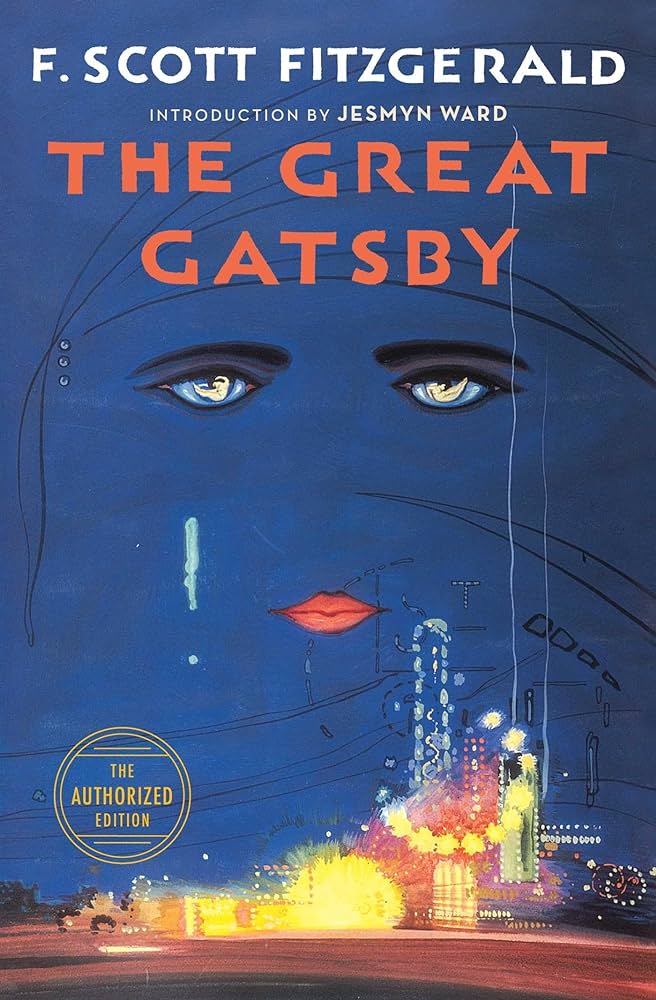
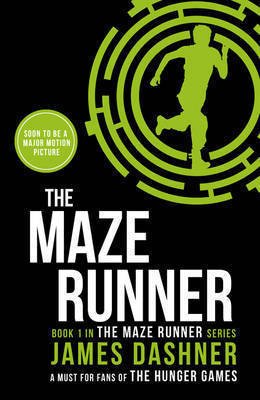
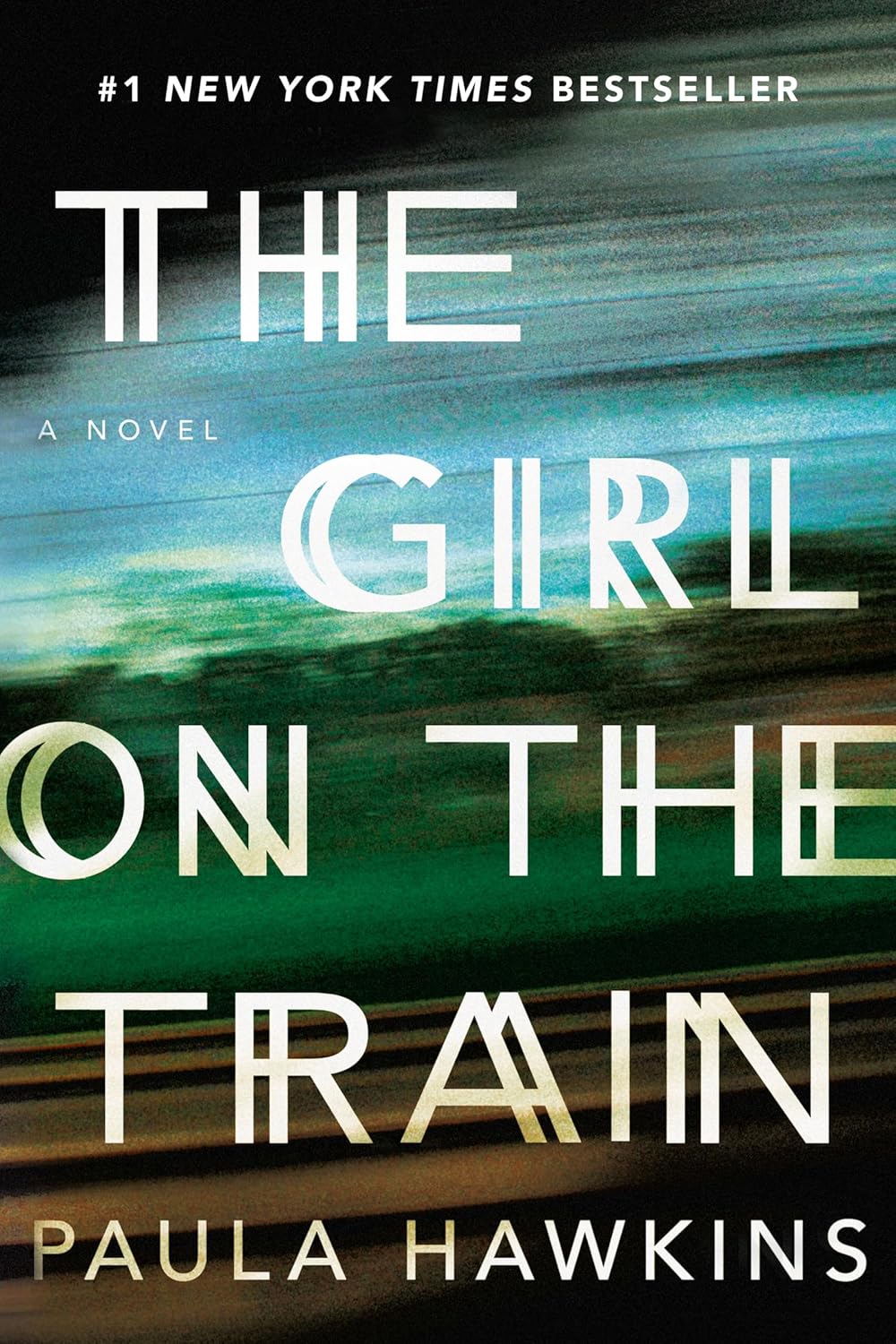
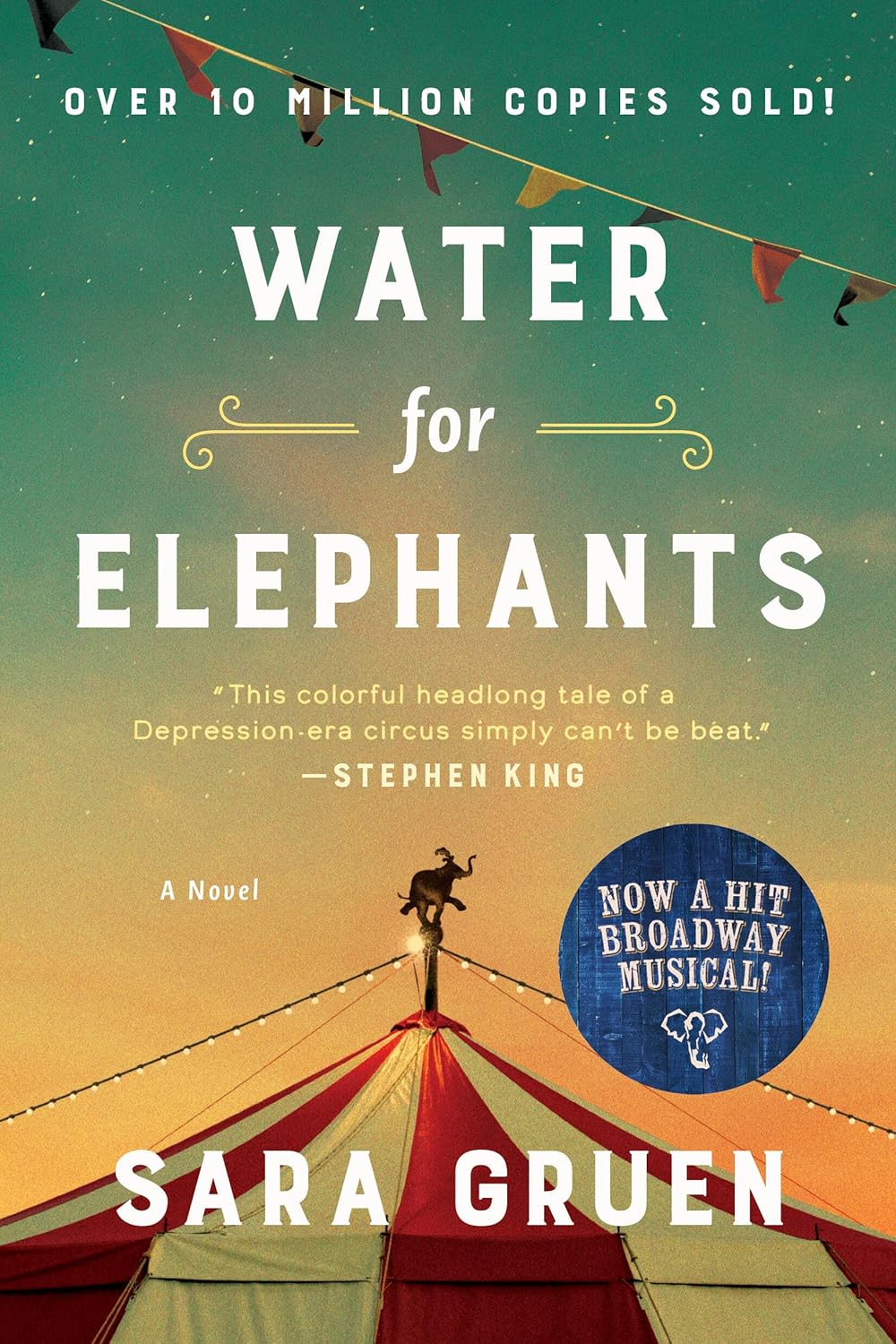
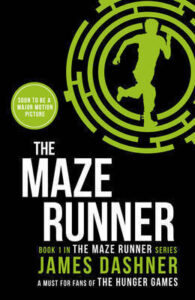
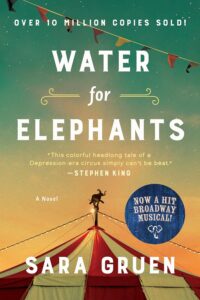

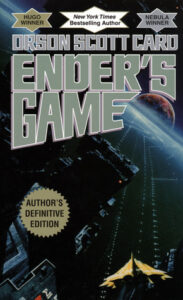

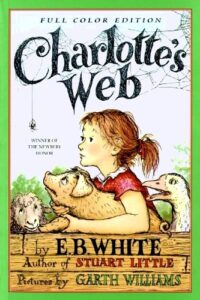
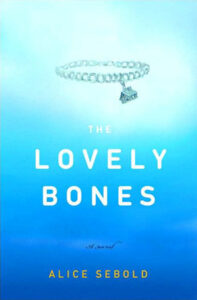


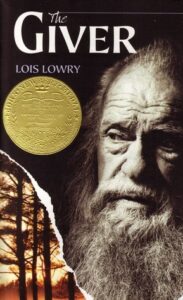
Post Comment